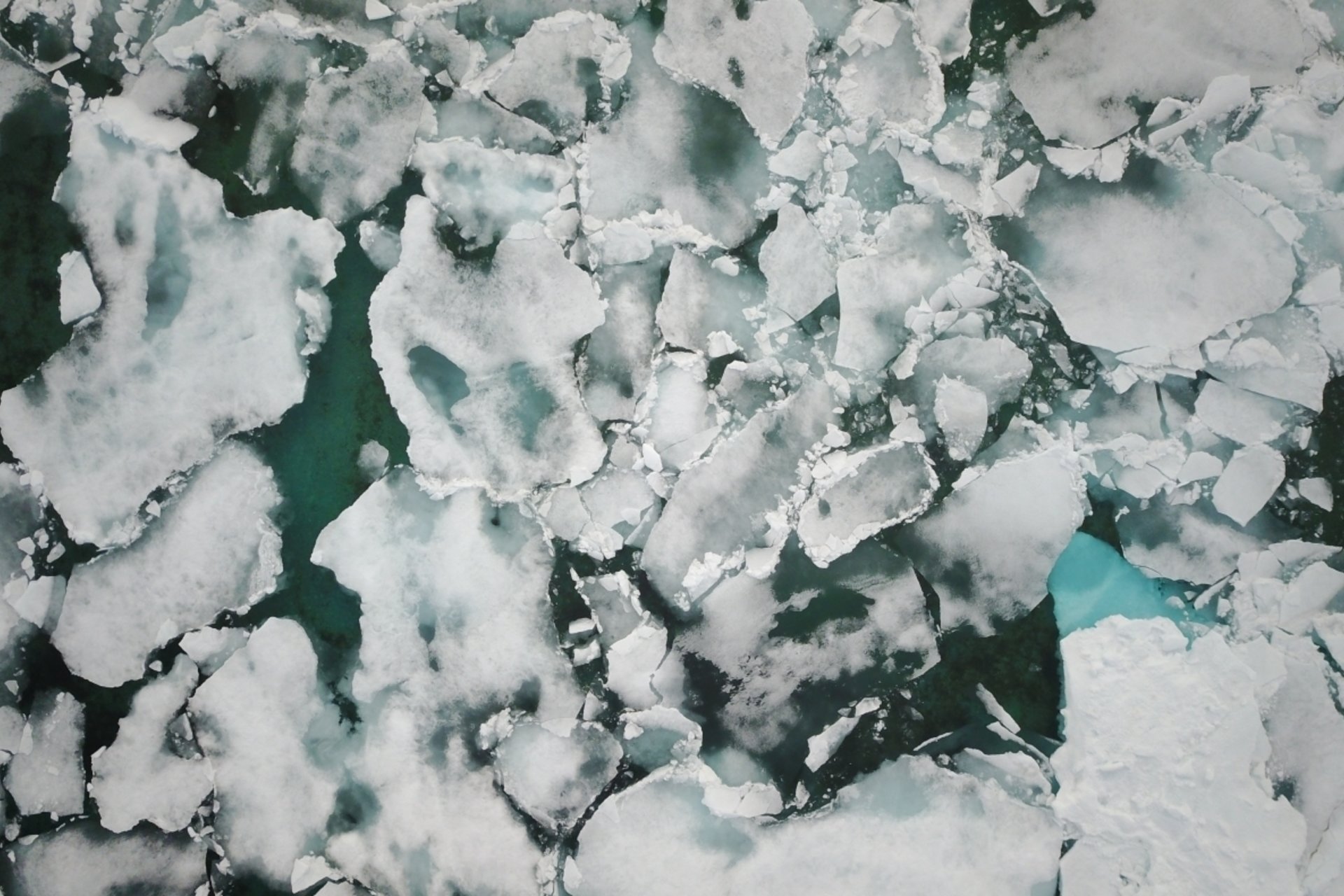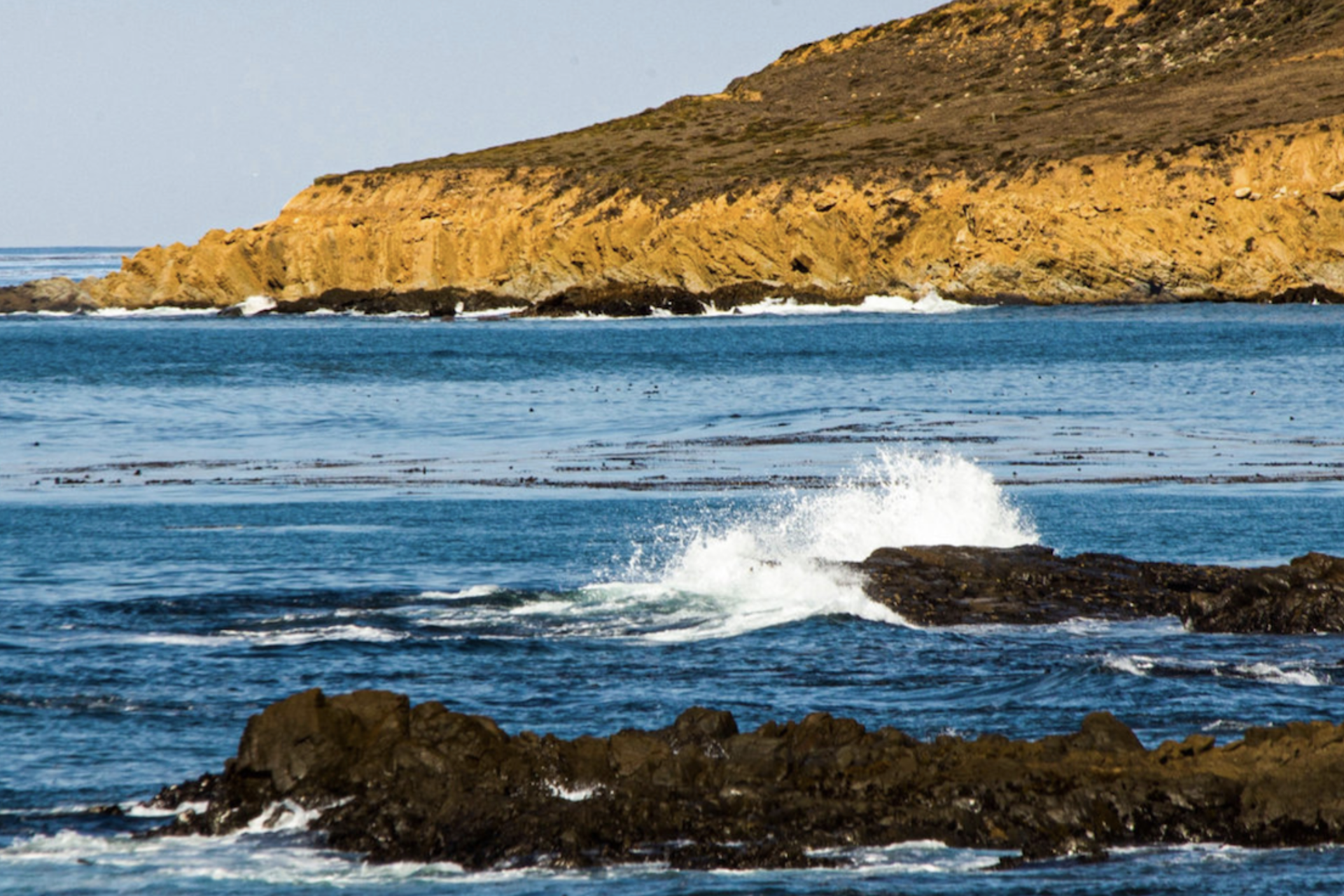New tool improves fishing efficiency and sustainability

Worldwide, fishing fleets discard as many as two of every five sea creatures they catch. Now, a new tool can help fishers locate the most productive fishing spots while avoiding unwanted or protected species such as sea turtles and dolphins.
Called EcoCast, the experimental tool developed by researchers at Stanford and other universities combines satellite data of ocean conditions, records from fisheries observers and species tracking data to pinpoint ideal fishing areas on a daily basis. Resource managers can adjust the weighting of each species as risks change and the fishing season progresses. This helps fishers optimize their harvest of target fish, while reducing the risk of inadvertently catching and killing sensitive species.
[original paper: Science Advances][see also: Science Daily, Tech Explorist, Digital Journal]
Explore More
-
The inaugural awards will enable research teams to pursue interdisciplinary ocean and coastal projects that address impacts of environmental change in the Bay Area and beyond.
-
A new research partnership will combine Indigenous and scientific knowledge to monitor marine life in a sacred tribal region that may be a bellwether of how native species will fare in the face of climate change.



